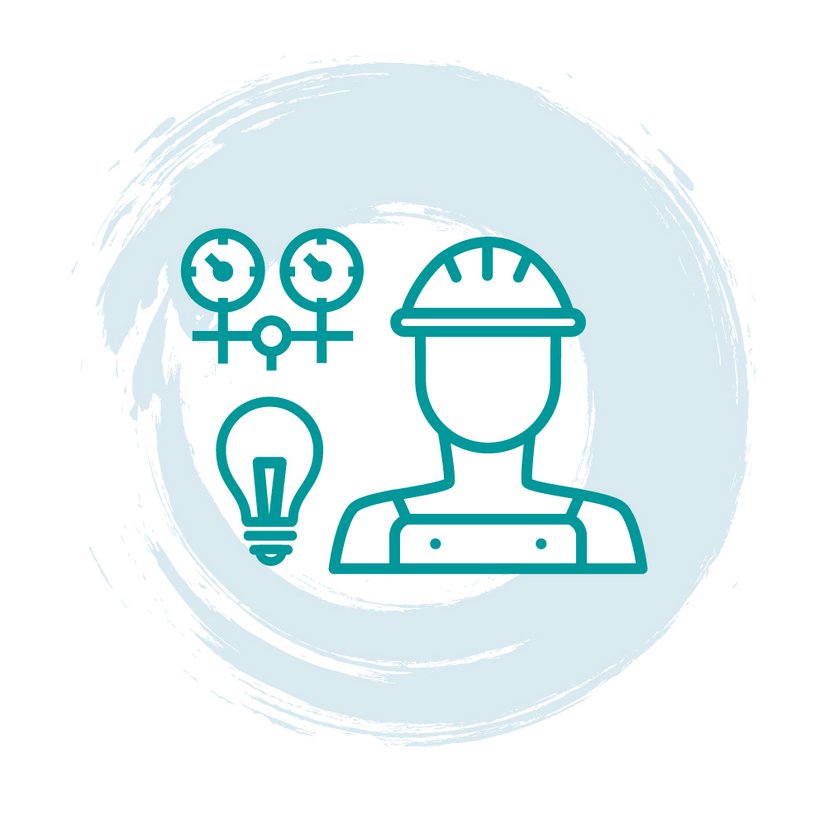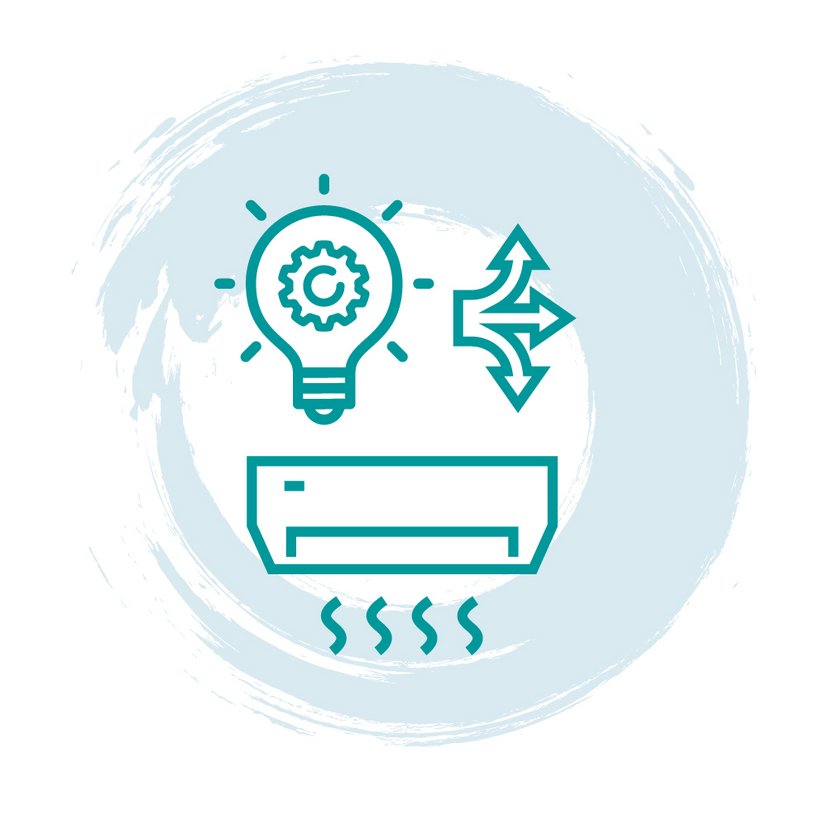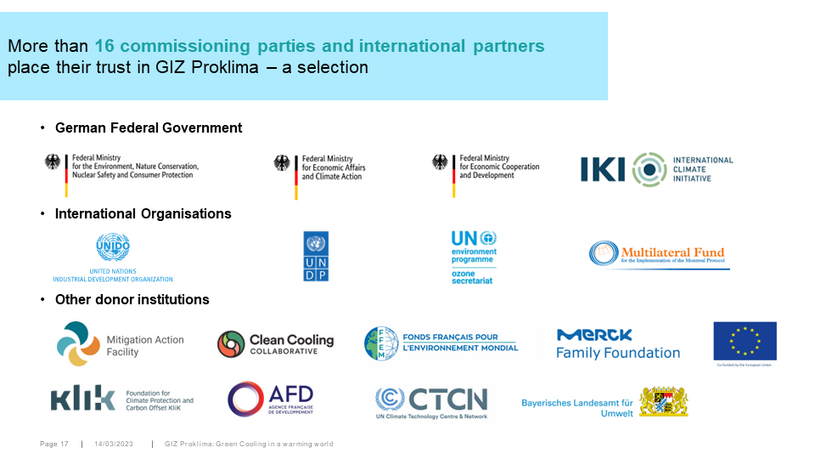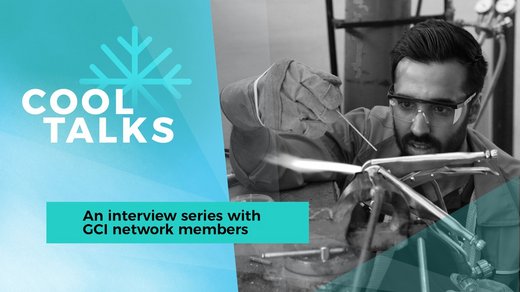Priscila Baioco is president of the Women's Committee of ABRAVA – Brazilian Association of Refrigeration, Air Conditioning, Ventilation and Heating, National Sales Manager (Insulation) at Armacell Brazil and postgraduate in the area of Business Management. She talks in this interview about the importance of joining forces to expand female participation in the HVAC-R sector – Heating, Ventilation, Air Conditioning and Refrigeration in Brazil.
What is the mission of this Committee and its importance for the evolution of the HVAC-R sector in Brazil?
The mission of our Committee is to be a forum for discussion of women in the HVAC-R sector, encouraging the insertion of women in the sector and expanding their knowledge, so that they can be protagonists in their areas of activity. We want the committee to be a reference, that is, the Committee "speaks" in Fiesp (Federation of Industries of the State of São Paulo), "speaks" with the other entities, so it can be recognized as the sector's reference committee for the causes of gender equality. Therefore, we have constituted a committee, which in its base has a diversity of profiles of women, composed of professionals from companies, engineers, technicians and academics. All united with the aim of bringing the vision of gender equality, which is beneficial to all companies, including in terms of profitability and innovation.
What are the Commitee's objectives? And what are the biggest challenges to reaching these goals?
Our goal is to insert women in the sector, in management and operation, and expanding their access to innovations, through sustainable practices. We do not think of the issue of women in the sector, as a theme of "fashion" or as "short-lived". It is a serious work that we are doing to make this result come in a sustainable way.
The biggest challenge was the Covid-19 pandemic, because our Committee was launched on March 7, 2020, at an event at Fatec-SP (São Paulo State Technological College), and soon after everything closed... So we started working online, with meetings and events, which made it difficult to participate. But we didn't give up. To evolve we decided to do a survey to understand the profile of women in the sector and their expectations
The essence of the Women's Committee of ABRAVA by Priscila Baioco:
"Abrava's Women's Committee joins forces to work on gender equality in the HVAC-R sector, so that there are opportunities for everyone!"
What were the main results of the survey on the scenario of the female presence in the HVAC-R sector and what were the impacts on the work of the Committee?
With the research we were able to trace the profile of these women: 65% of them aged between 20 and 39 years; 46.7% married; 51% do not have children; 78% with at least higher education; 29% have an engineering degree; 53% speak more than one language; 73% have been working for a maximum of 10 years, i.e., in 10 years the number of women in the sector increased. Regarding the function in the sector: 35% of them work in administrative areas, 34.9% in commercial area and 29% in the engineering area, and only 17% in leadership positions (above coordinator).
What is the synergy between women in refrigeration/air conditioning and the sustainability/environment subject?
It has all to do with sustainability. The theme gender equality is the 5th Global Sustainable Development Goal (UN), which aims to "achieve gender equality and empower all women and girls" in all nations. There is no sustainable development without this equality, without all women and girls being well, with full education and equal opportunities, including to achieve leadership positions at all levels of society.
What is the importance of technical schools, partners of PBH and also of ABRAVA, in this process of inclusion of more women in refrigeration and air conditioning?
In the past these schools did not even have the physical structure to receive women in refrigeration and air conditioning courses, such as women's bathrooms. They weren't ready. Today there is no longer this difficulty. Technical school environments in general are more inclusive, especially for young women who want to enter the sector or qualify.
And the role of schools is very important, because we don't want gender equality in companies to exist by determination. We want women to be apt and to be able to compete to take their part in the sector.
Talk about what motivates you in this job as president of the Women's Committee of the ABRAVA...
Thinking about business... It is to bring innovation and all the positive results of gender equality to companies in the sector. And, thinking of people, is to see more women achieving their goals and managing to develop in the HVAC-R sector.








